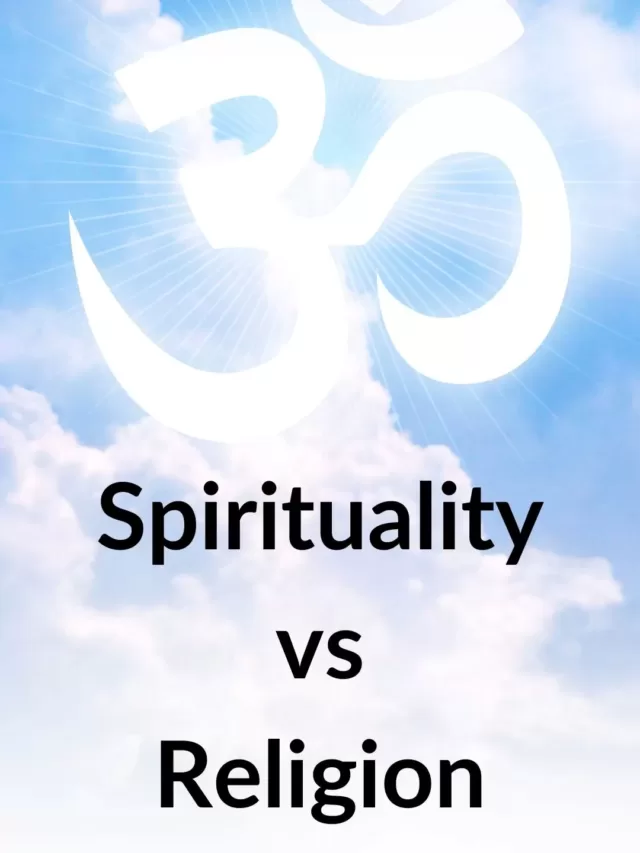Hinduism in India 2023: Values and Beliefs
Hinduism, one of the world’s oldest religions, has undergone significant transformations over millennia, from the era of the Vedic sages to contemporary India in 2023.
Today we will explore the evolution of Hinduism and its present-day manifestations, highlighting both the continuity of its core principles and the challenges it faces.
Table of Contents
Hinduism: Words vs. Actions
In ancient India, Hinduism was not just a belief system but a way of life.
The Rishi-Munis and Gurus practiced it through their actions, living the values they preached.
However, in 2023, there has been a noticeable shift.
Many individuals, especially among the youth, rely on social media platforms like Twitter to glean their knowledge of Hinduism.
This has led to a disconnect between the teachings of the faith and their practical application.
The Bhagavad Gita, a sacred Hindu scripture, has become unfamiliar to many, and the essence of true Hinduism often remains in words rather than actions.
The Universality of the Soul
Ancient India embraced the profound idea that the soul is universal and resides in all living beings. This understanding promoted respect, love, and compassion for every individual, regardless of their background.
However, in contemporary India, the awareness of this universal soul has diminished.
Fewer individuals seem to realize that divinity dwells not only in temples but also in the sun, water, and all living creatures.
This has allowed extremist ideologies, like elements of Hindutva, to justify harming others in the name of religion. A minuscule fraction of people today truly embody the universal spirit of Hinduism, emphasizing the need to revive this essential aspect.
Marriage and Gender in Hinduism
In ancient India, the concept of the soul transcended physical boundaries. It allowed for various forms of marriages and relationships, focusing on the connection between souls rather than mere bodily distinctions. The carvings on many ancient temples speaks for itself.
However, in contemporary India, certain sections are advocating rigid moral codes, often condemning same-sex relationships and imposing narrow definitions of gender roles. This stark departure from the inclusive and diverse traditions of Hinduism challenges the religion’s progressive history and calls for a reexamination of its values.
Environmental Stewardship
Hinduism has a rich history of ecological consciousness, with reverence for the environment and all its elements.
In 2023, this traditional environmental ethos is at odds with the challenges of modernization, industrialization, and pollution. There is a growing need to reclaim and integrate these ancient environmental principles into modern practices to address the pressing ecological issues facing India and the world.
Pluralism and Tolerance
Historically, Hinduism embraced pluralism and tolerance, accommodating diverse beliefs and practices. However, recent years have witnessed incidents of intolerance and religious polarization. Reaffirming Hinduism’s legacy of tolerance and pluralism is essential to maintaining the religious harmony for which India has been known until now.
Conclusion: Hinduism In India 2023
Hinduism in India in 2023 reflects a complex interplay between ancient traditions and modern challenges.
While the core tenets of Hinduism remain, their interpretation and application have evolved. The disconnect between knowledge and practice, the need to re-embrace the universality of the soul, and the importance of maintaining the religion’s progressive values are pivotal in shaping the future of Hinduism in India.
In a rapidly changing world, preserving the timeless wisdom and principles of this ancient faith is a collective responsibility that transcends generations and cultural boundaries


